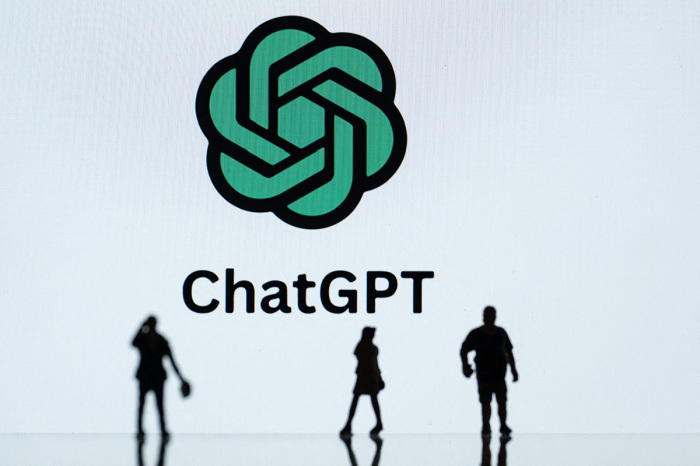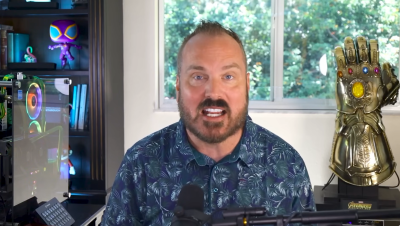
Can ChatGPT interpret speaking in tongues?
Shawn Bolz, who was recently accused of fabricating prophecies in his ministry, recently shared that it appears OpenAI’s chatbot, ChatGPT, can translate speaking in tongues, also known as glossolalia.
In a recent discussion about God and technology shared on YouTube, Bolz highlighted what is being called the “ChatGPT Tongues Challenge,” which a number of Charismatic and Pentecostal Christians have been engaging in online.
“This week, one of my friends reached out to me who’s also a journalist and a writer, and she said, ‘Have you done the ChatGPT tongues thing yet?’ And I said, ‘What are you talking about?’ She goes, ‘I spoke in my prayer language on ChatGPT and it actually interpreted some of my prayer language in different languages around the world,’” Bolz said.

“It’s become a YouTube trend where people are speaking to ChatGPT in their spiritual language that they have from God and it’s actually interpreting some of the words for them, sometimes whole phrases for them,” he noted before claiming that he saw one experience where ChatGPT translated someone’s prayer language that was “ancient Sumerian … that somehow ChatGPT understood.”
“I think that’s really wild that there’s languages being spoken by Christians in their prayer language and we’re seeing AI catch up to some of the spiritual fruit that we have as Christians,” he said. “Especially those of you who are charismatic or Pentecostal, and you guys believe in speaking in tongues, it’s pretty profound.”
Renée M. Simpson, a Christian positive psychology coach also known as Well Diva, has been one of the most discussed public figures to record herself praying in tongues on ChatGPT and asking the chatbot to interpret what she was saying.
After receiving significant criticism about what she has been doing, Simpson defended herself in a TikTok response.
“I wanna follow up to my video where I said that I used ChatGPT, my dear friend, Chat GPT, to interpret tongues. The overwhelming response was AI is demonic,” she said while noting a few people told her they had a similar experience to hers.
“Can AI interpret tongues and is AI demonic? First of all, AI is just information that people put in. So I guess if the person putting the information in is demonic, then maybe the information coming out is demonic,” she said.
“Personally, I know that I was simply putting in a recording of myself speaking in tongues, which I know was not demonic, no matter what you may think. I was just looking for confirmation of what I was feeling in my spirit, and that’s what I got. I got confirmation and I felt very, very, very much peace about the message that I got back,” she insisted.
Simpson then further argued that if God could speak to people in the past through animals and burning bushes, she didn’t see why people were having such a difficult time believing that God can also speak through artificial intelligence.
“Now, one thing I do know, and if you call yourself a Christian, you should know that the Holy Spirit can speak through anything. That anything could even be technology. There are Scriptures that show God speaking through donkeys, dreams, burning bushes and a variety of ways of communicating with us. So I think a lot of this is coming from people just not being familiar with technology, people making assumptions, just plain old-fashioned ignorance,” she said. “To call something demonic, first you want to know, does it bring peace, does it bring healing, does it align with God’s character. Does it bring people closer to love and truth before you say it’s demonic?”
Speaking in tongues is the language of the Holy Spirit that was first shared with the Church in the Upper Room in the book of Acts in the Bible, now known as the day of Pentecost.
Research shows that ChatGPT cannot translate glossolalia because it is trained on existing language data, and it lacks the capacity to understand or interpret sounds that are not actual words or languages.
This Pentecostal reporter tested the chatbot on Tuesday, and it noted that the translation of the glossolalia produced was “a creative interpretation, not a literal translation, since the original doesn’t map to any known language.”
Contact: leonardo.blair@christianpost.com Follow Leonardo Blair on Twitter: @leoblair Follow Leonardo Blair on Facebook: LeoBlairChristianPost
















